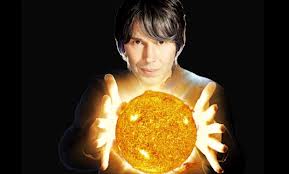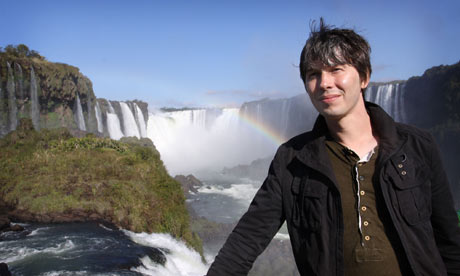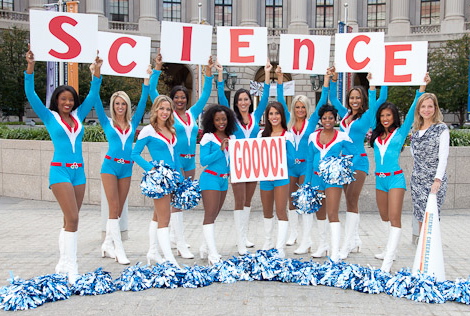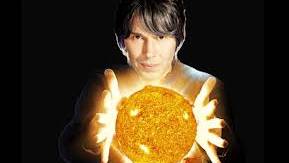Popular scientists modern day preachers?
Source: m.guardian.co.uk

Wonders of the Solar System; Wonders of the Universe; and, this year, Wonders of Life. Brian Cox stands misty-eyed on a cliff top everywhere I look. He has a chilled-out air for someone with such a busy filming schedule.

Instructions to appreciate the wonder of science are everywhere. There’s the Wonder season organised jointly by the Barbican and the Wellcome Trust which starts tomorrow; the Science Museum’s World Wonders Trail; the parliamentary select committee report on introducing wonder to the national curriculum; and the 2011 TED conference titled The Rediscovery of Wonder. But am I alone in finding this cheerleading problematic?
It’s ironic that the public engagement with the science crowd is so pro-wonder, because they’re so anti-religion. "All the great religions have a place for awe, for ecstatic transport at the wonder and beauty of creation," writes Richard Dawkins. "And it’s exactly this feeling of spine-shivering, breath-catching awe – almost worship – this flooding of the chest with ecstatic wonder, that modern science can provide."
"I’m an atheist," said maths professor Marcus du Sautoy when he took up the Charles Simonyi chair in the public understanding of science at Oxford. "But for me the important thing is the wonder of science." Advocates for science can’t seem to give up on religion’s selling points: the awe, transcendence, and worship.
The crucial question, though, is who is doing the worshipping. Cox and co make much of their own humility in the face of natural marvels. They express wonder and we are meant to follow suit.But it’s too easy for the meekness we feel in the face of extraordinary facts to blur into deference towards popular scientists themselves, with their public profile and their privileged access to those facts. Like priests, they occupy an elevated position in relation to the phenomena they admire. While putting on a good show of being amazed, they function as powerful gatekeepers to a mystical beyond. Cox may not look like a boffin, but it’s telling that he’s always called professor.
The rhetoric of wonder is all about encouraging participation. But this infantilising power dynamic is not conducive to confident involvement or critical inquiry. It creates an inaccessible aura around science which has little to do with the everyday practicalities of what goes on in labs. Science is essential to our world, but like looking after children, the nitty-gritty is often prosaic and incremental. In its evangelical, popular guise, science becomes a matter not of reality or scepticism but of anti-intellectual reverence. All we can say in response is, wow.
[...]
Read the full article at: guardian.co.uk

Tune into Red Ice Radio:
Gregg Braden - Crisis in Thinking & False Assumptions of an Incomplete Science
Gregg Braden - The Divine Matrix
Rupert Sheldrake - The Science Delusion
Richard Alan Miller - Hour 1 - The Non-Local Mind in Holographic Reality
Susan Joy Rennison - Hour 1 - Global Energy Leap
Anthony Peake & Tom Campbell - Consciousness Creates Reality
Anthony Peake - Hour 1 - The Nature of Reality & Twilight Zones of Consciousness
Johan Oldenkamp - Hour 1 - Wholly Science






















